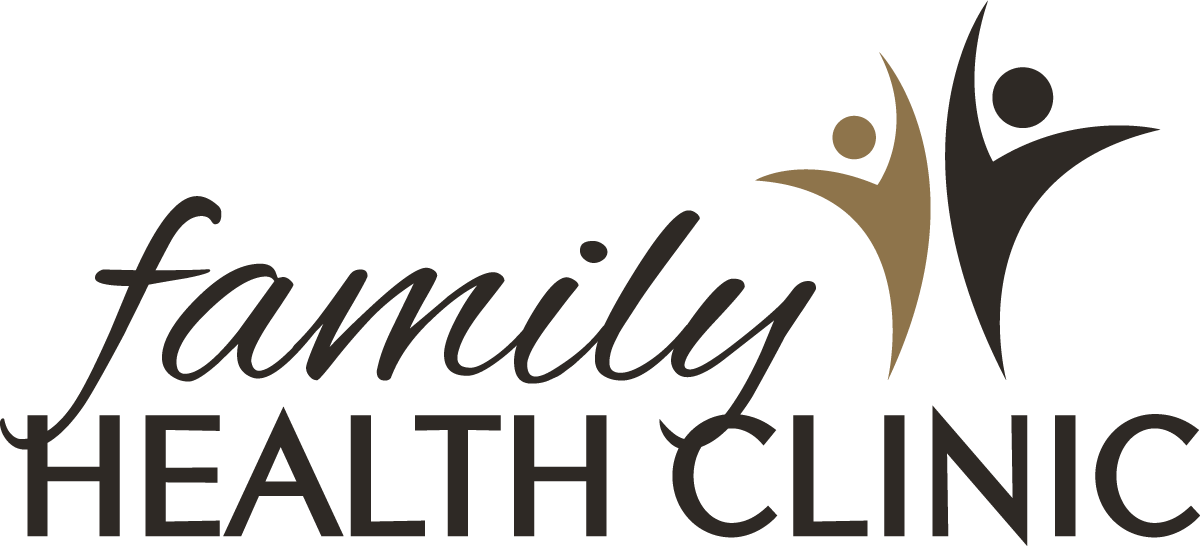Gestational diabetes (pronounced jess-TAY-shun-ul die-uh-BEET-eez) is a type of high blood sugar that can develop during pregnancy. If a woman has never had high blood sugar before she was pregnant, she has gestational diabetes.1 In the United States, between 2 and 10 percent of pregnancies are affected by gestational diabetes every year.2
Pregnant women develop gestational diabetes when their bodies can’t make enough insulin (pronounced IN-suh-lin) during pregnancy.3 Insulin is a hormone your body makes that allows the cells in your body to absorb sugar and carbohydrates from the foods you eat. Your cells use this sugar as energy. In women with gestational diabetes, those sugars and carbohydrates can’t get into the cells, so the amount of sugar in the blood gets higher and higher. This is called high blood sugar, or diabetes.3

Who is at risk for gestational diabetes?
There are some traits, lifestyles, and characteristics that can increase your risk for developing gestational diabetes.
You are more at risk for developing gestational diabetes if you…3
- Are overweight or very overweight
- Are related to anyone who has diabetes now or had diabetes in their lifetime
- Are Hispanic/Latina, African American, American Indian, Alaska Native, Asian American, or Pacific Islander
- Are older than 25
- Had gestational diabetes, a stillbirth or miscarriage, or a large baby (weighing more than 9 pounds) in a previous pregnancy
- Have polycystic ovary syndrome (PCOS) or another health condition linked to problems with insulin
- Have ever had problems with insulin or blood sugar (i.e., insulin resistance, glucose intolerance, or prediabetes)
- Have high blood pressure, high cholesterol, and/or heart disease
If you have any of these characteristics or traits, be sure to tell your health care provider. It is important to stay in contact with your health care provider and attend all of your prenatal appointments.
How does gestational diabetes affect you and your baby?
During pregnancy, women with gestational diabetes are at a higher risk for possible complications, including high blood pressure; preeclampsia (a sudden, dangerous increase in blood pressure); early/preterm labor and delivery; pregnancy loss during the last 4 to 8 weeks; and surgery to deliver the baby (cesarean section or C-section).1,2 After pregnancy, women who have had gestational diabetes are at a greater risk of developing type 2 diabetes.1,2
During and right after birth, babies whose mothers had gestational diabetes are at higher risk for certain health problems. These include low blood sugar at birth; being large-bodied, which can cause problems and injuries during delivery; jaundice (yellowish color of the skin and white parts of the eye); early/preterm birth; breathing problems; and low levels of certain minerals in the blood.1,2
Later in life, babies whose mothers had gestational diabetes are at higher risk for developing health problems including overweight and obesity; problems with glucose and/or insulin (i.e., insulin resistance and glucose intolerance); and type 2 diabetes.1,2

Treatment and Prevention
If you have gestational diabetes, your health care provider will work with you to create a treatment plan that will help you keep it under control throughout your pregnancy. This treatment plan will typically include keeping your blood sugar levels within a normal range, exercising regularly, eating a healthy diet as outlined by your health care provider, and maintaining a healthy weight.
Some women also need to take insulin as part of their treatment plan.3 Your health care provider might recommend you keep a daily record of your blood sugar levels, what foods you eat, and how often you exercise.
Before you get pregnant, you may be able to prevent gestational diabetes by losing weight if you are overweight and getting regular physical activity.1 If you are already pregnant, talk with your health care provider about what you can do to prevent yourself from developing gestational diabetes. It is important you do not try to lose weight if you are already pregnant, because you will need to slowly gain some weight for your baby to be healthy.1
The best thing you can do if you are at risk for or have gestational diabetes is to continue talking with your healthcare provider throughout your pregnancy. Exercising safely and regularly, eating nutritious foods, and attending all your prenatal appointments with your health care provider will improve your health outcomes and reduce your risk for gestational diabetes.
Talk to a trusted provider.
If you have concerns about any aspect of your pregnancy, we’re here to help. Call (800) 321-5043 to make an appointment with one of the Family Health Clinic’s providers today.
References
1. Managing Gestational Diabetes: A Patient’s Guide to a Healthy Pregnancy | NICHD – Eunice Kennedy Shriver National Institute of Child Health and Human Development. Accessed July 13, 2021. https://www.nichd.nih.gov/publications/product/211
2. CDC. Gestational Diabetes. Centers for Disease Control and Prevention. Published May 30, 2019. Accessed June 24, 2021. https://www.cdc.gov/diabetes/basics/gestational.html
3. Gestational Diabetes | NIDDK. National Institute of Diabetes and Digestive and Kidney Diseases. Accessed June 7, 2021. https://www.niddk.nih.gov/health-information/diabetes/overview/what-is-diabetes/gestational




